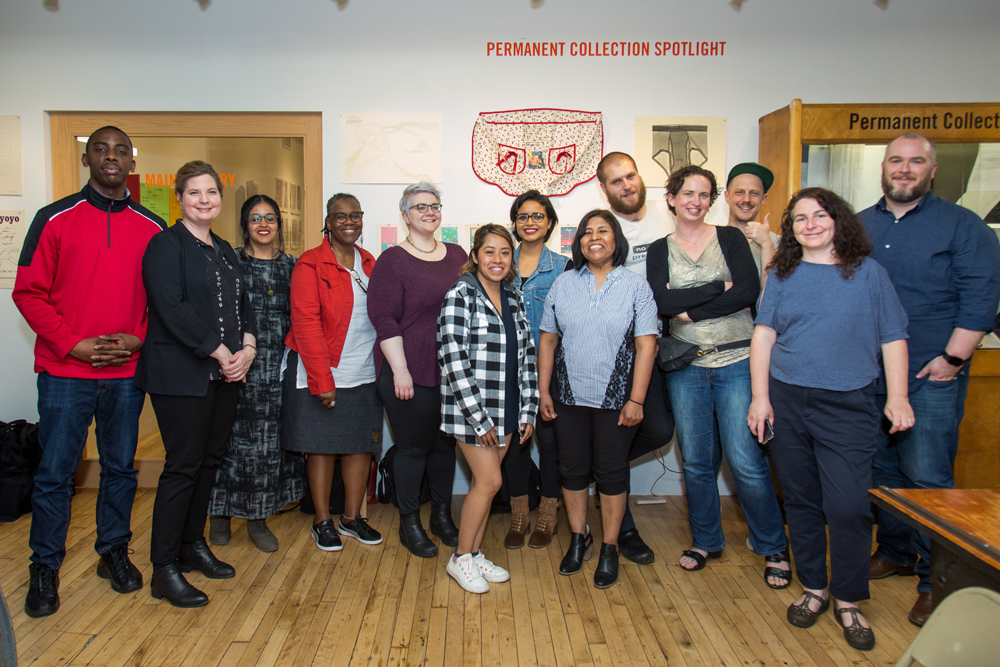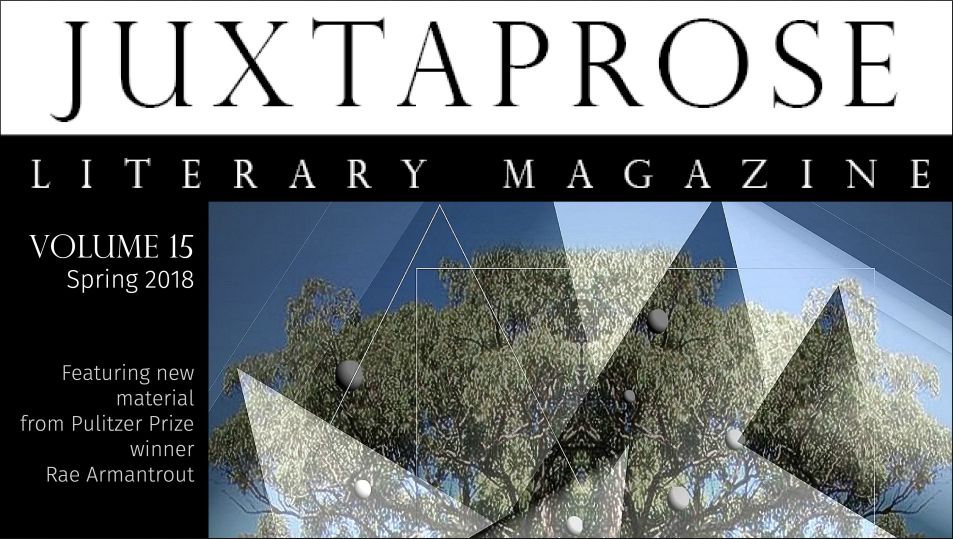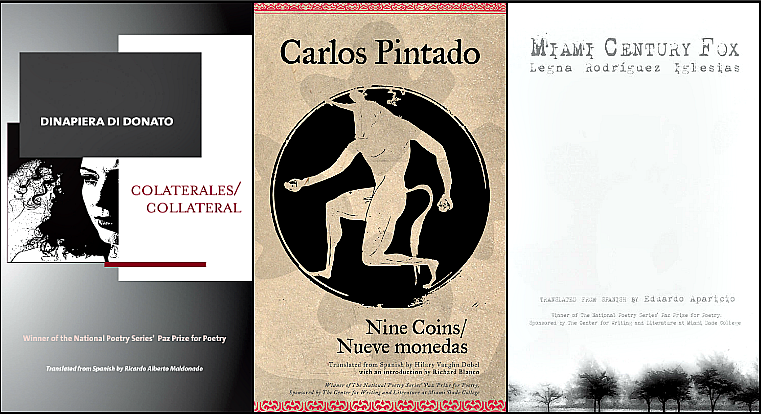Poets & Writers’ Connecting Generations Seventeenth Annual Intergenerational Reading
Readings & Workshops (East) director Bonnie Rose Marcus writes about Poets & Writers’ Connecting Generations seventeenth annual Intergenerational Reading held at Barnes & Noble at Union Square in New York City.
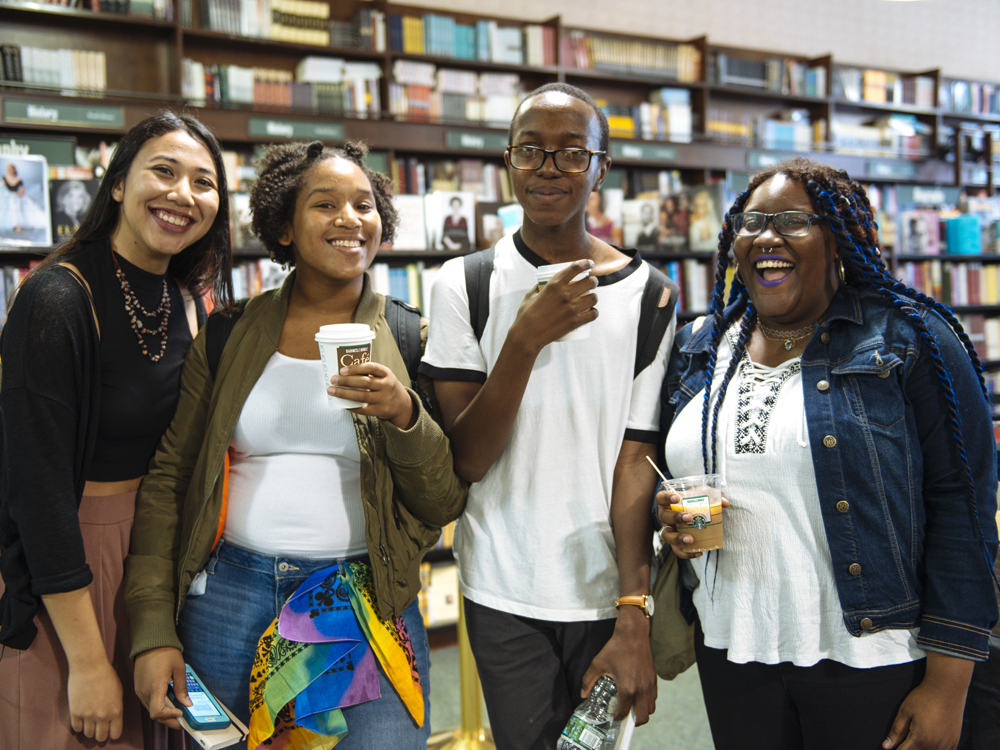 On Saturday, June 23, Poets & Writers held its seventeenth annual Intergenerational Reading at Barnes & Noble at Union Square, where we’ve held the reading for the past seven years. As I listened to the thirty-six writers from the ages of eleven to eighty-six, I thought back to the beginnings of this celebratory reading, when we were given a grant in 2001 from the Louis and Anne Abrons Foundation to conduct writing workshops at senior and teen community centers. Visiting the programs, I was moved by the diversity of voices, and the similarities and differences in the generations. I thought it would be inspiring to bring these generations together. The first Intergenerational Reading was held in a community room at the Goddard Riverside Community Center’s NORC Program, with about six readers and an audience of about twenty.
On Saturday, June 23, Poets & Writers held its seventeenth annual Intergenerational Reading at Barnes & Noble at Union Square, where we’ve held the reading for the past seven years. As I listened to the thirty-six writers from the ages of eleven to eighty-six, I thought back to the beginnings of this celebratory reading, when we were given a grant in 2001 from the Louis and Anne Abrons Foundation to conduct writing workshops at senior and teen community centers. Visiting the programs, I was moved by the diversity of voices, and the similarities and differences in the generations. I thought it would be inspiring to bring these generations together. The first Intergenerational Reading was held in a community room at the Goddard Riverside Community Center’s NORC Program, with about six readers and an audience of about twenty.
This year’s writers were from six programs funded by our Readings & Workshops program: senior writers from the Goddard Riverside Community Center, Grand Street Settlement, the Center for Black Literature at Medgar Evers College in collaboration with Siloam Presbyterian Church, Kew Gardens Community Center, and the Stanley Isaacs and Lincoln Square Neighborhood Center. The teen and young adult writers were from Kamit Preparatory Institute, the National Domestic Writers Alliance, Leslie-Lohman Museum of Gay and Lesbian Art, Newtown Literary Alliance, Concourse House, and Office Hours Poetry Workshop.
Hosting our event was veteran host Regie Cabico, a recipient of a Poets & Writers’ Writers for Writers Award in 2006. A pioneer of spoken word, and the first openly queer and Asian slam poet to take top prizes, Regie continues to perform his unique blend of poetry, stand-up comedy, and theater, and teaches writing workshops throughout North America and the United Kingdom.
Regie’s enthusiasm was contagious. It was evident that each reader felt honored and respected, and was cheered on by Regie and the audience, a full house of about seventy-five people. The writers shared work about loss, abuse, and love: a Tibetan woman read a poem about the suffering in her country, another writer shared a prose poem featuring Noah (and his ark) and Donald Trump, and there were many moving pieces about the challenges and celebrations on life’s journey.
Perhaps the best way to sum up the flavor and value of this reading is to hear from some of the writers themselves:
“It is an extraordinary event for so many reasons. It is an opportunity to hear young and old from so many different vantage points. Many of us may never have that chance of hearing stories from the LGBTQ community, the senior community, or inner-city youth, most of whom are passionate, wistful, angry, and gifted. To see that many participants, some who are facing an audience for the first time, pour out their most intimate feelings with pride and receive kudos for their efforts, is a humbling and inspiring experience.”
—Joyce Berger, Kew Gardens Community Center
“This year, I finally shed a lifelong struggle with stage fright and enjoyed myself at the reading! I also relished everyone’s spoken words, especially those of the younger poets who infuse me with creative energy.”
—Suzanne Pavel, Goddard Riverside Community Center
“I have always felt that one never stops learning. Young folks can learn from seniors and vice versa. This year I had the chance to let young folks know about the real situation in Tibet, because they are our future. Afterwards some of the young folks hugged me and commented on the power of my poem. I also think my poem was timely because of the current situation at our southern borders. What struck me most were the young people who spoke so honestly and showed that poetry is an outlet for all of us.”
—Chukie Wangdu, Stanley Isaacs Neighborhood Center
“Young talents lyrically reported their passions from today’s frontlines while older writers arranged those puzzle pieces left on youth’s table. The reading reminded me that poetry is an instrument played to remember, berate, reveal, coax, question, love, revolt, heal, and most significantly, to witness and connect. Thank you for creating space for all of us!”
—Marty Correia, Office Hours Poetry Workshop
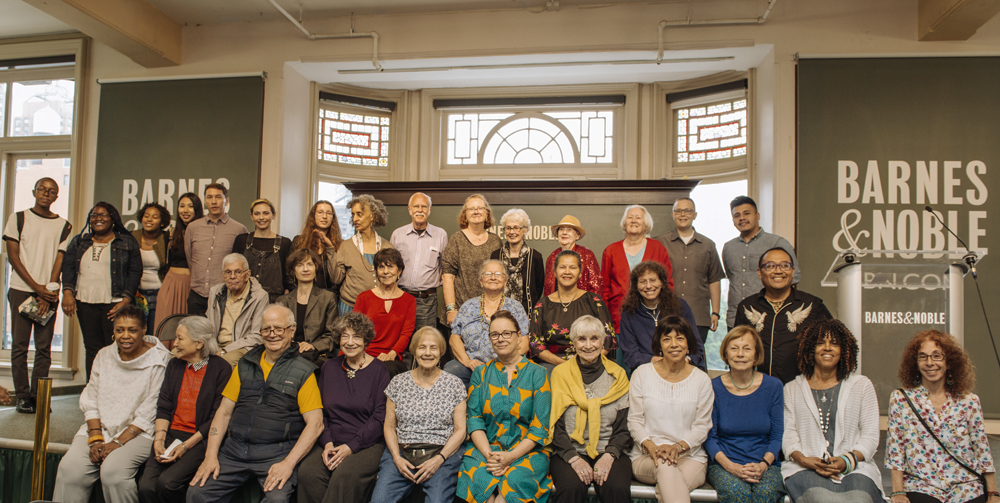
Support for the Readings & Workshops Program in New York City is provided, in part, by public funds from the New York State Council on the Arts, and the New York City Department of Cultural Affairs, with additional support from the Frances Abbey Endowment, the Cowles Charitable Trust, and the Friends of Poets & Writers.
Photos: (top) Dena Igusti, Aaliyah Daniels, Solomon Mussings, and Shakeva Griswould from Urban Word NYC (Credit: Christian Rodriguez). (bottom) Participants of the 2018 Intergenerational Reading (Credit: Christian Rodriguez).




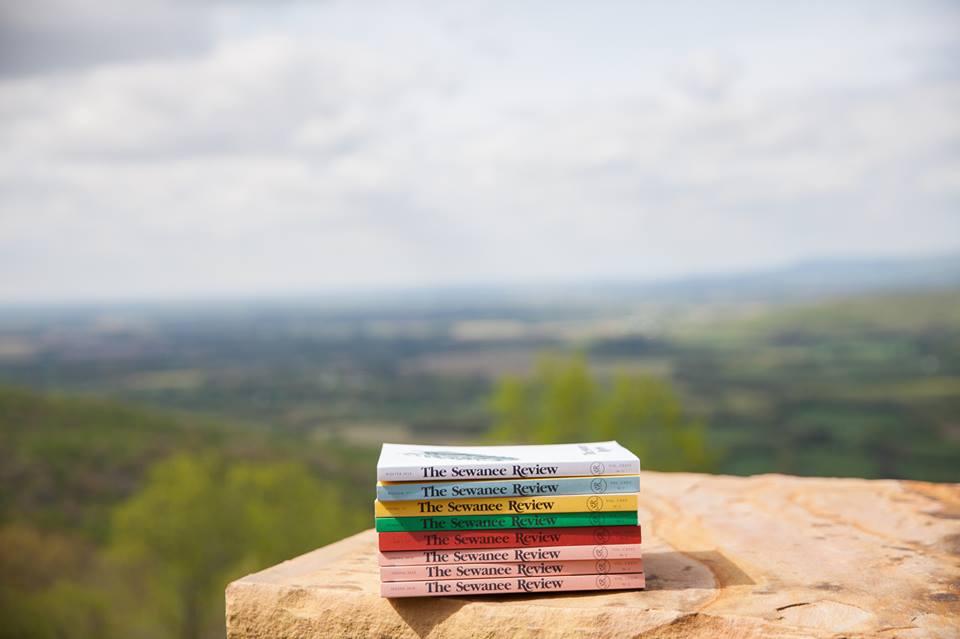
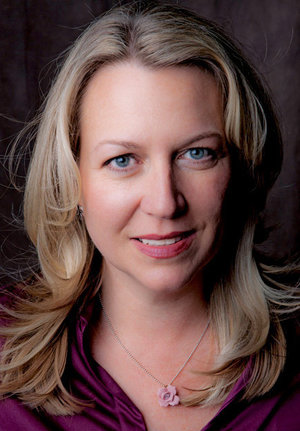
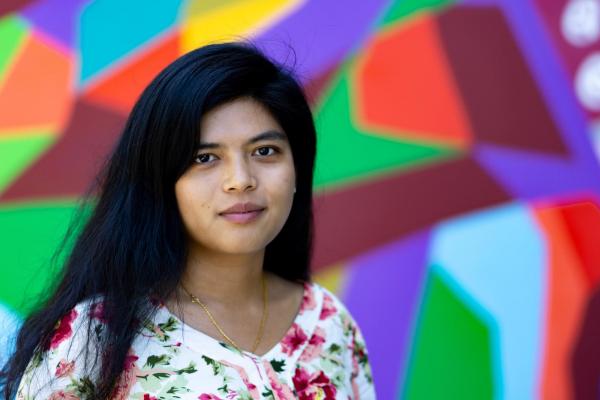
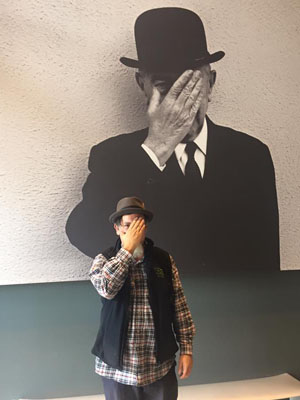 Becoming Cascadian was a retreat in Seattle’s diverse Rainier Beach neighborhood—an outgrowth of Seattle Poetics LAB’s Cascadia Poetry Festival. While the festivals are exciting, it takes a great deal of resources to present such an event. The SPLAB Board decided that while we look for funding to continue the festival, it would be good to work on a more intimate level. Becoming Cascadian allowed participants to go deeper into their own writing practices and experiences of place.
Becoming Cascadian was a retreat in Seattle’s diverse Rainier Beach neighborhood—an outgrowth of Seattle Poetics LAB’s Cascadia Poetry Festival. While the festivals are exciting, it takes a great deal of resources to present such an event. The SPLAB Board decided that while we look for funding to continue the festival, it would be good to work on a more intimate level. Becoming Cascadian allowed participants to go deeper into their own writing practices and experiences of place.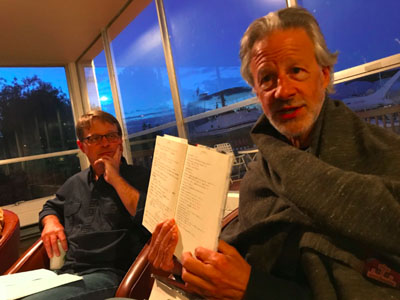 Schelling’s keynote talk was for “poets and bioregional visionaries,” suggesting we go outdoors and learn something of our bioregion. He contrasted his Southern Rocky Mountain bioregion and Cascadia, noting the difference between the wet, logged, maritime Puget Sound region, and his dry high country. He discussed respective medicine powers the bioregions share, and noted how the Douglas Firs in the high country are puny compared to those in Cascadia. He ended with a story. What may not be well-known about Schelling is that, perhaps through his multi-decade study of Jaime de Angulo, he’s become a master storyteller. After the festival he said:
Schelling’s keynote talk was for “poets and bioregional visionaries,” suggesting we go outdoors and learn something of our bioregion. He contrasted his Southern Rocky Mountain bioregion and Cascadia, noting the difference between the wet, logged, maritime Puget Sound region, and his dry high country. He discussed respective medicine powers the bioregions share, and noted how the Douglas Firs in the high country are puny compared to those in Cascadia. He ended with a story. What may not be well-known about Schelling is that, perhaps through his multi-decade study of Jaime de Angulo, he’s become a master storyteller. After the festival he said: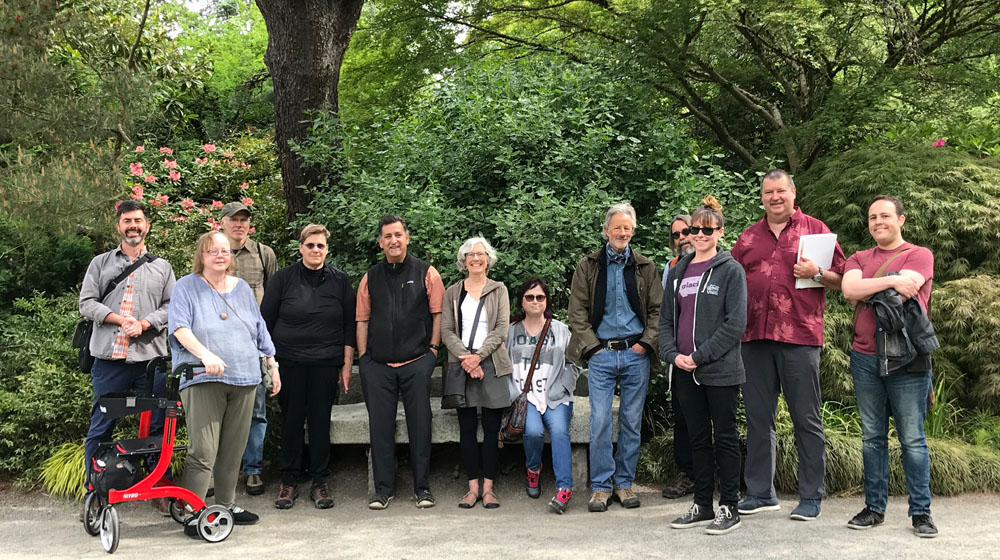
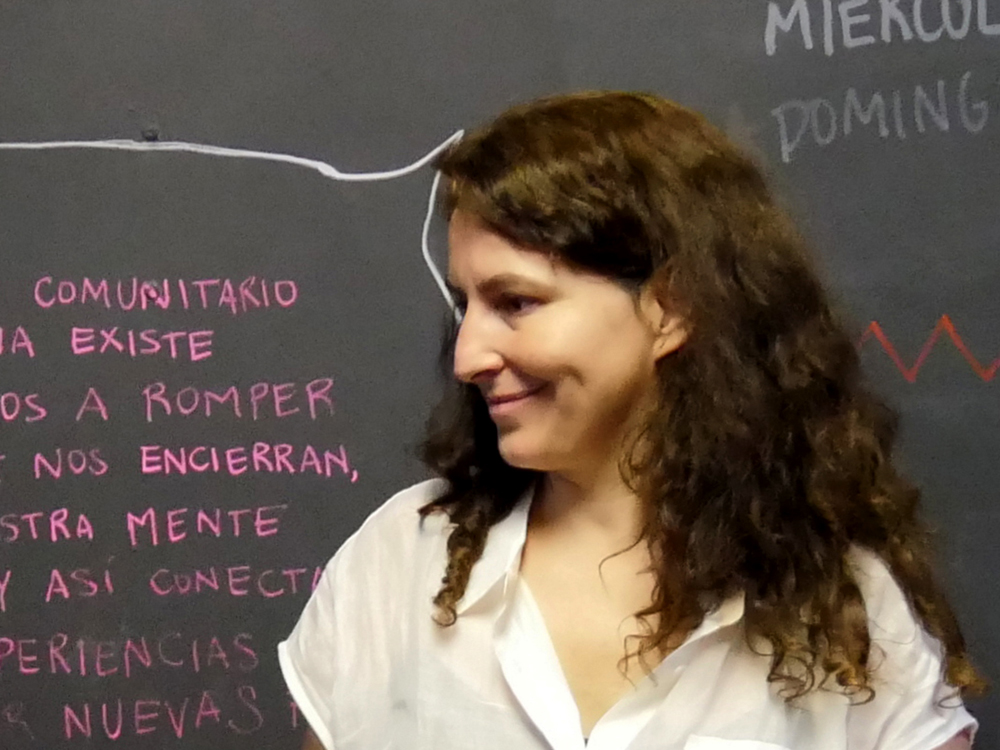 How did your work with the
How did your work with the 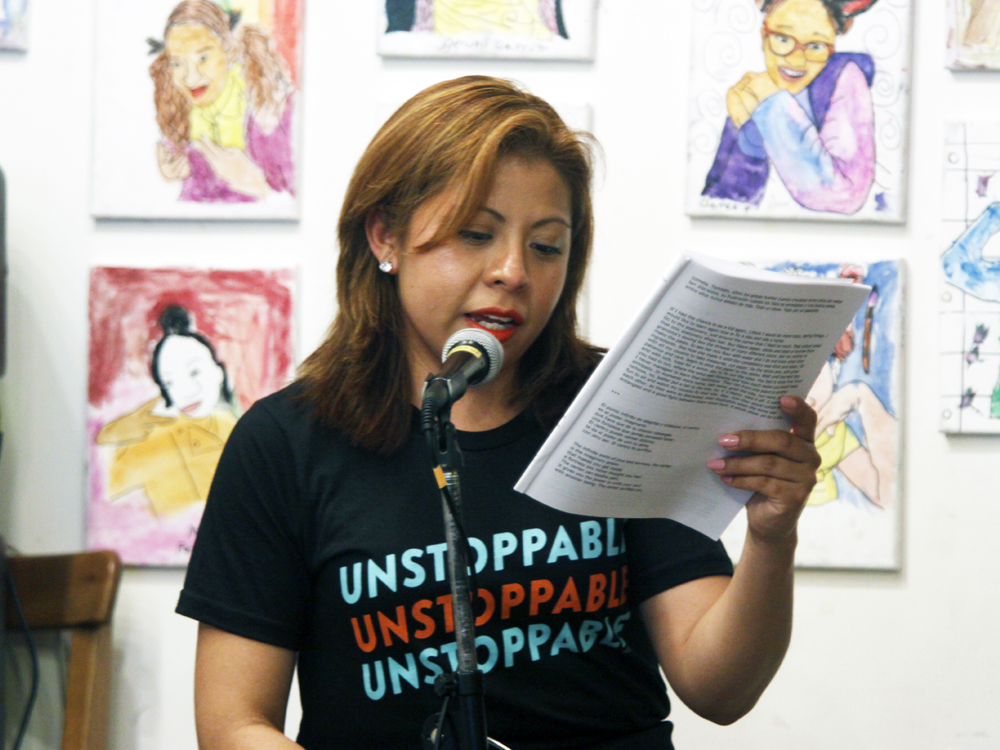 We talk about how the ability to create with words isn’t something alien to us—something that belongs only to those who had the privilege of studying and spending time reading—but rather something that we all do when we speak to each other in everyday life. We also talk about how writing is generated starting with a draft and then through multiple rewritings, not in one shot and then set in stone. These conversations also help us get writing.
We talk about how the ability to create with words isn’t something alien to us—something that belongs only to those who had the privilege of studying and spending time reading—but rather something that we all do when we speak to each other in everyday life. We also talk about how writing is generated starting with a draft and then through multiple rewritings, not in one shot and then set in stone. These conversations also help us get writing.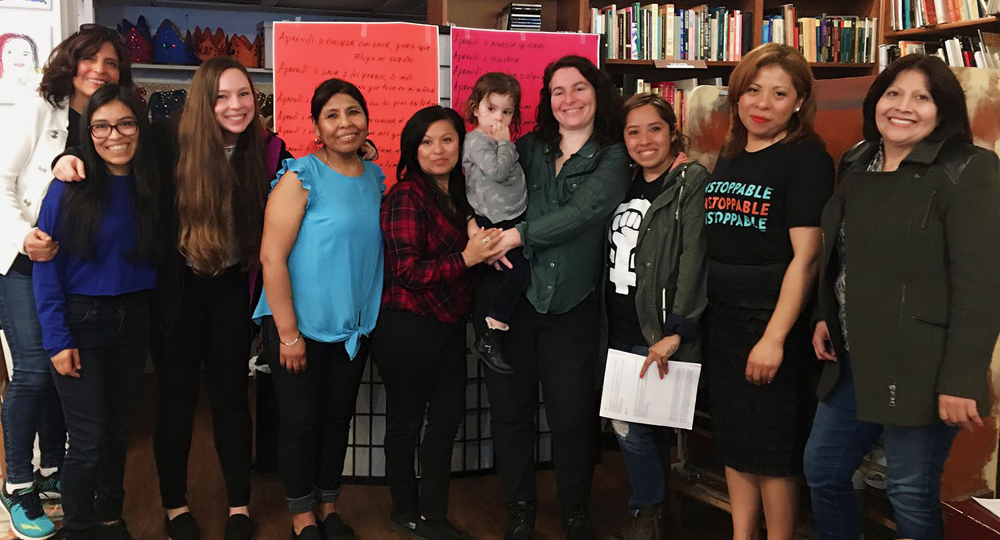

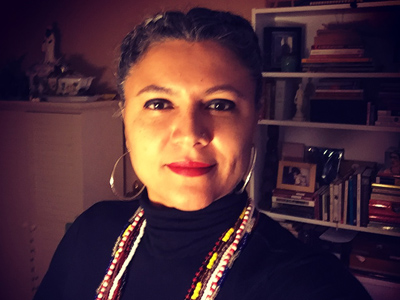 For almost twelve years, the NYC Latina Writers Group (NYCLWG) has been meeting monthly for writing workshops and literary events. Our writers have gone on to have successful writing careers, developing one-woman shows, and writing plays. They have published and self-published memoirs and chapbooks and have started their own blogs. While many of us are publishing, some of our writers have lost hope. This was when our director of programs Wendy Angulo and I decided to look at the needs of the writers within our collective. What we discovered was that most of us needed more time to write and more workshops that would help us hone our craft.
For almost twelve years, the NYC Latina Writers Group (NYCLWG) has been meeting monthly for writing workshops and literary events. Our writers have gone on to have successful writing careers, developing one-woman shows, and writing plays. They have published and self-published memoirs and chapbooks and have started their own blogs. While many of us are publishing, some of our writers have lost hope. This was when our director of programs Wendy Angulo and I decided to look at the needs of the writers within our collective. What we discovered was that most of us needed more time to write and more workshops that would help us hone our craft.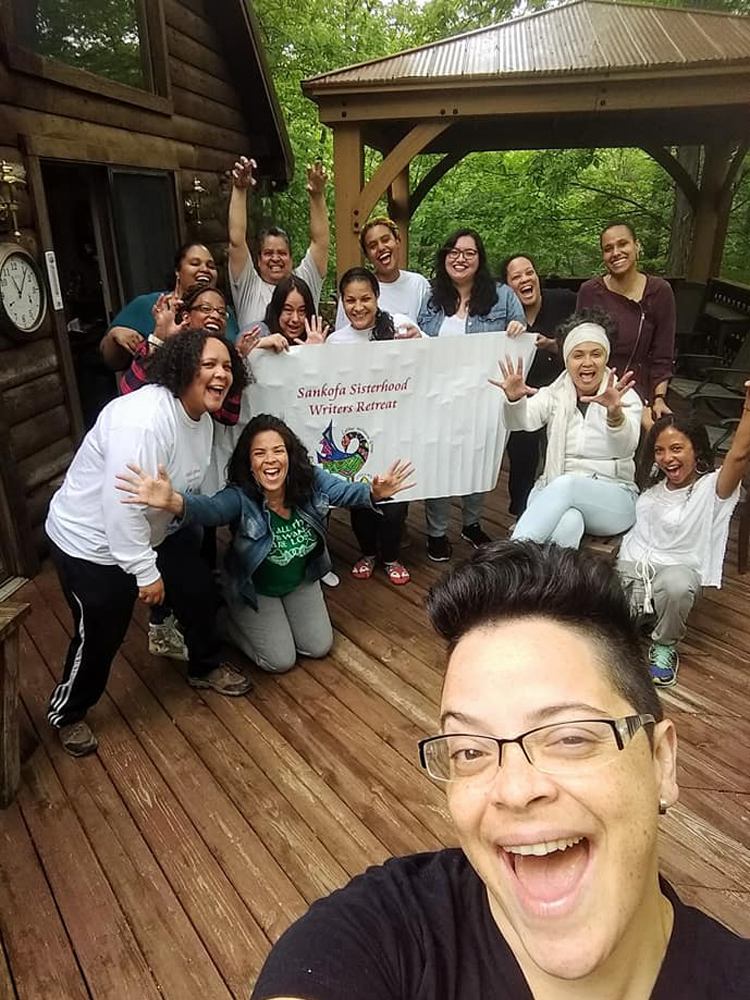 This year’s theme at Sankofa was “Strengthening the Writer’s Core.” Our workshops were centered on writing the story from the inside out. Each facilitator took the writers through prompts and activities to help get inside the stories we are writing and to feel everything that must be felt in order to find and show the truth in the story, poem, or essay.
This year’s theme at Sankofa was “Strengthening the Writer’s Core.” Our workshops were centered on writing the story from the inside out. Each facilitator took the writers through prompts and activities to help get inside the stories we are writing and to feel everything that must be felt in order to find and show the truth in the story, poem, or essay.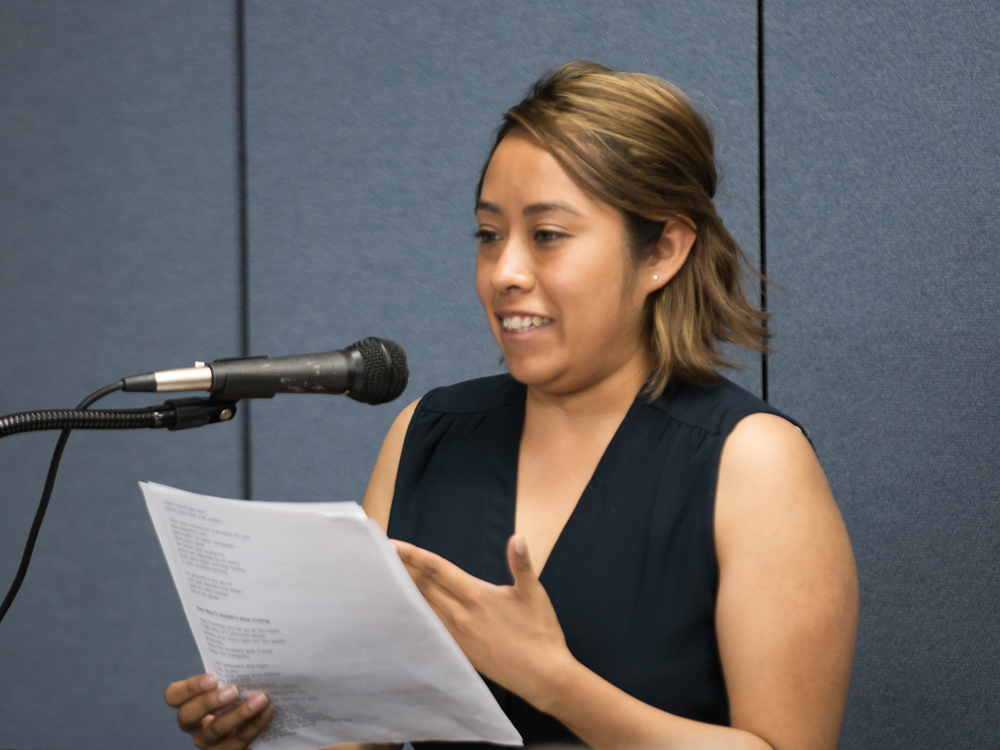 Now in its ninth year, the Connecting Cultures Reading, sponsored and organized by Poets & Writers, celebrates the diversity of our literary community by bringing together several groups who’ve been funded by the Readings & Workshops program. This year’s reading took place at the Center for Book Arts, and featured writers representing National Domestic Workers Alliance, the Newtown Literary Alliance, Leslie-Lohman Museum of Gay and Lesbian Art, Voices From War, and the What Would an HIV Doula Do? collective.
Now in its ninth year, the Connecting Cultures Reading, sponsored and organized by Poets & Writers, celebrates the diversity of our literary community by bringing together several groups who’ve been funded by the Readings & Workshops program. This year’s reading took place at the Center for Book Arts, and featured writers representing National Domestic Workers Alliance, the Newtown Literary Alliance, Leslie-Lohman Museum of Gay and Lesbian Art, Voices From War, and the What Would an HIV Doula Do? collective.